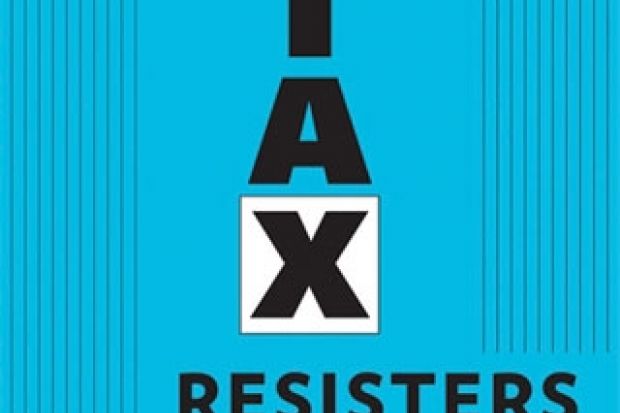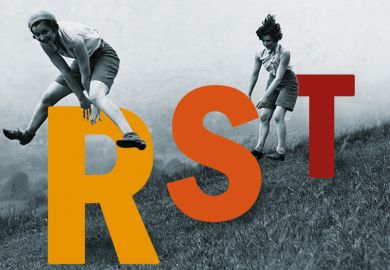In June 1985, President Ronald Reagan invoked the American War of Independence in a speech at Williamsburg, Virginia – a fanciful reconstruction of colonial America. Colonists had refused to pay the fruits of their labours to the Crown across the sea, Reagan said; why should they now go to Washington? “The tax system has earned a rebellion – and it is time we rebelled.” It was clever rhetoric, adopting the mantle of the Boston Tea Party of 1773 to call for swingeing tax cuts. But it was weak history, for independence was more than a tax revolt. Furthermore, in 1785, Thomas Jefferson had proposed “to tax the higher portions or property in geometrical progression as they rise”.
Both these views of taxation, pro and con, thread through US history. On the one hand, taxation was seen as theft, an insult to states’ rights and family responsibilities. Low taxes would lead to incentives and prosperity. On the other hand, taxation was a way to contain the power of big business, preserve opportunities and create social solidarity. At some points the progressive agenda held sway, as with the introduction of the federal income tax in 1913 and the policies of president Franklin D. Roosevelt. Today, the rhetoric of the anti-tax Tea Party is in the ascendant.
Romain Huret’s account of tax resistance since the US Civil War is mainly a narrative, with many compelling and repelling stories of murdered tax officials and paranoid fantasies. Surprisingly for the work of a French historian, it is weaker on analysis and theory, and the structures and ideologies within which resistance was possible. His story does indicate that resistance had a number of justifications, based on principle, economic self-interest and legitimate grievances.
Was progressive taxation constitutional? The US Constitution gave power to collect direct taxes “in proportion to the census”, without reference to the relative wealth of states or individuals. The issue became judicial and constitutional. In 1895, the Supreme Court declared a federal income tax unconstitutional, and the matter was resolved only in 1913 by the Sixteenth Amendment to the Constitution. Resistance to income tax could complement support for tariffs, which also protected economic interests. Another line of opposition argued that progressive taxation supported the idle at the expense of industrious members of society, and risked provoking class warfare by setting the poor against the rich. Conservative women lamented the intrusion of tax-funded schemes into the family, and attacked support for state-funded “permissiveness”. Resistance could be allied to racism. During the Second World War, employers deducted tax from wages so that housewives became tax collectors, often for their black servants. They protested that they had been turned into the slaves of Washington bureaucrats.
Resistance could rest on genuine grievances across the political spectrum. Public disclosure of tax was unpopular, and it was repealed in 1935. Federal tax collectors were sometimes corrupt or partisan, as when the Internal Revenue Service investigated people on President Richard Nixon’s list of enemies. Hostility to “tax splitting” was also based on a clear case of inequity. In 1948, the income tax was split equally between husband and wife, so that single people paid more than a couple. One of the most virulent tax resisters was an unmarried woman who in 1969 demanded the repayment of taxes “illegally” taken from her, and she urged her supporters to re-enact the Boston Tea Party. Legitimate grievances could always be turned to good effect by tax resisters, and above all by the wealthy taxpayers who funded campaigns that deflected debate from criticism of their own position.
The US’ cast of resisters is substantial, and many of them make Sarah Palin look timidly progressive. The Tea Party did not arise from nowhere, but had a long history that Huret explains here with wit and style as he details the myriad forms of Americans’ resistance to paying tax.
American Tax Resisters
By Romain D. Huret
Harvard University Press, 384pp, £22.95
ISBN 9780674281370
Published 26 April 2014





